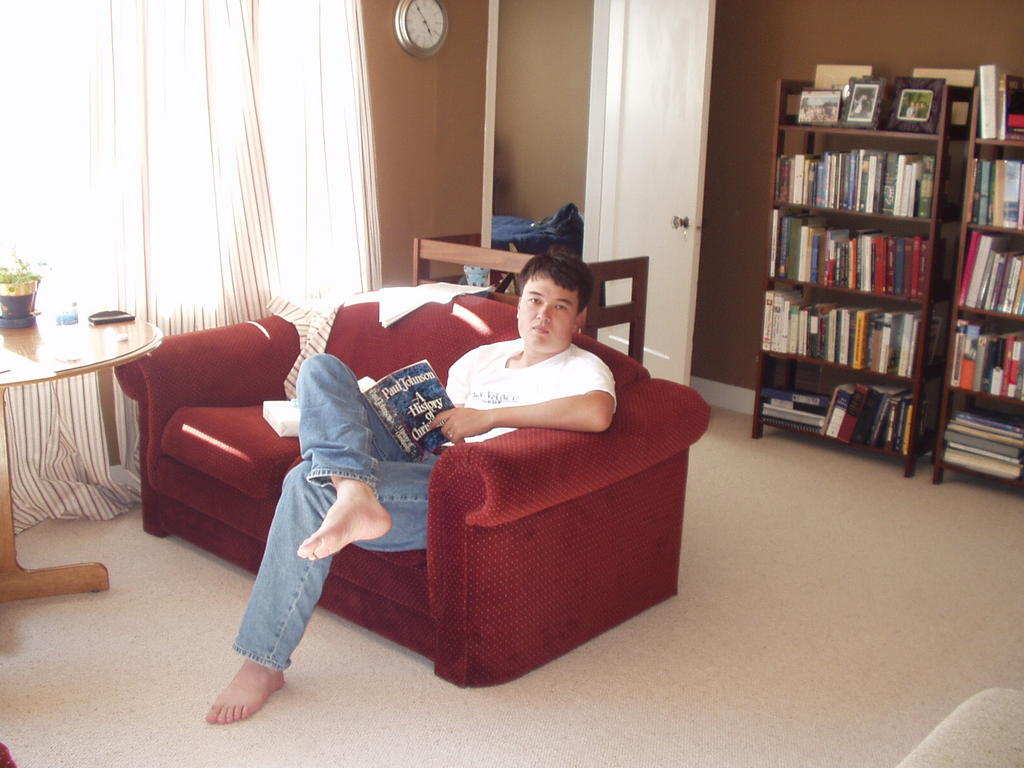Also worth noticing here is how far present-day notions of religious liberty are from those of historic Christianity. Some Christians feel that if they may not express their faith in public openly, they lack religious liberty. But if Christian freedom of the kind described by the Westminster divines is primarily a liberty to worship and serve God without fear of eternal condemnation, how is the liberty of American Christians restricted by not being able to pray in public schools, enjoy a creche in front of town hall, or appeal to the Bible in political debates? Or even if such Christian freedom involves liberty of conscience, so that a believer must have enough political liberty to worship in a way pleasing to God, when or where exactly have the secular authorities in the US attempted to regulate the worship services or private devotional exercises of Protestants and Roman Catholics?
- D.G. Hart, A Secular Faith, pg. 70
Thursday, January 25, 2007
Subscribe to:
Post Comments (Atom)


1 comment:
We need to make a critical distinction between the Christian liberty expressed in the Westminster Confession and the Christian liberty as provided in the American legal setting. It seems to me that Hart reduces Christian liberty solely to the WCF, but can we not extend the concept of Christian liberty (as outlined in the first amendment) without violating the definition provided in the WCF? In other words, does the WCF see it as a violation of Christian liberty not to be able to pray in the public schools? No. (It's certainly true that one's Christian liberty is not violated necessarily when he or she doesn't pray in school.) But is it a violation of Christian liberty within a first amendment context to restrict prayer in school? Perhaps. I think its a bit more complicated.
Post a Comment